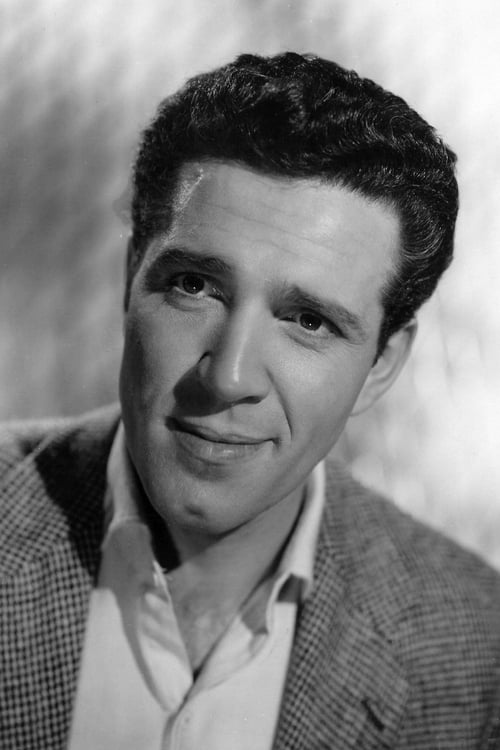Another Island: A Portrait of the Blasket Islands (1985)
Genre : Documentary
Runtime : 2H 2M
Director : Muiris Mac Conghail
Synopsis
An Blascaod Mór, Great Blasket Island, is an islet off the southwest coast of the Irish mainland. For years, a declining population and treacherous waters had made life there risky. In 1953, the Irish government evacuated the 22 remaining residents of An Blascaod Mór to the nearby village of Dún Chaoin. This documentary examines aspects of the island's history and literary legacy, and features interviews with former islanders.
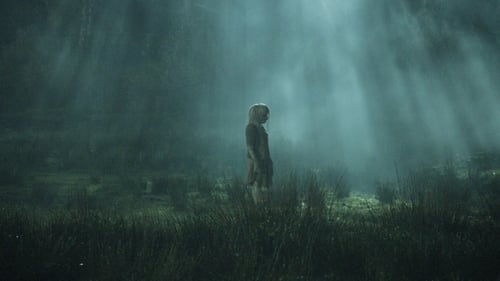
Deep within the darkness of secluded forest land in rural Ireland dwells an ancient evil. Feared by the nearby superstitious villagers as cursed creatures who prey upon the lost, their secrets have been kept from civilization and remain on their hallowed ground. But when a conservationist from London moves in with his wife and infant child in order to survey the land for future construction, his actions unwittingly disturb the horde of demonic forces. Alone in a remote wilderness, he must now ensure his family's survival from their relentless attacks.
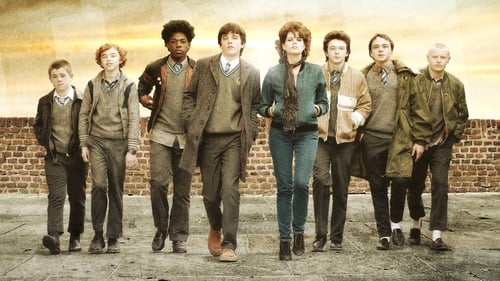
A boy growing up in Dublin during the 1980s escapes his strained family life by starting a band to impress the mysterious girl he likes.
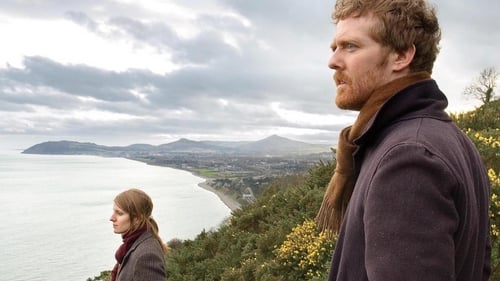
A vacuum repairman moonlights as a street musician and hopes for his big break. One day a Czech immigrant, who earns a living selling flowers, approaches him with the news that she is also an aspiring singer-songwriter. The pair decide to collaborate, and the songs that they compose reflect the story of their blossoming love.
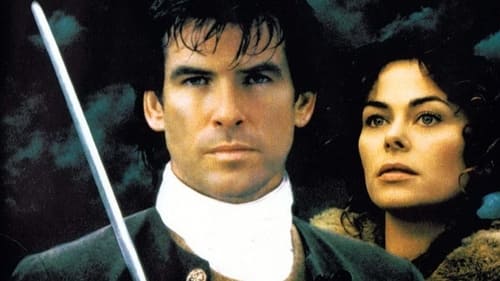
Robinson Crusoe flees Britain on a ship after killing his friend over the love of Mary. A fierce ocean storm wrecks his ship and leaves him stranded by himself on an uncharted island. Left to fend for himself, Crusoe seeks out a tentative survival on the island, until he meets Friday, a tribesman whom he saves from being sacrificed. Initially, Crusoe is thrilled to finally have a friend, but he has to defend himself against the tribe who uses the island to sacrifice tribesman to their gods. During time their relationship changes from master-slave to a mutual respected friendship despite their difference in culture and religion.
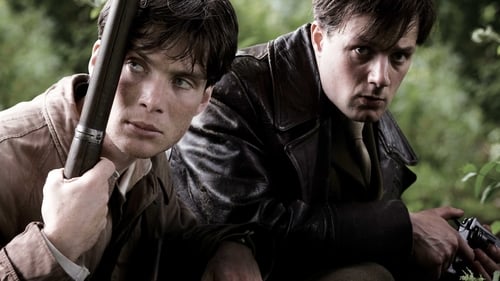
In 1920s Ireland young doctor Damien O'Donovan prepares to depart for a new job in a London hospital. As he says his goodbyes at a friend's farm, British Black and Tans arrive, and a young man is killed. Damien joins his brother Teddy in the Irish Republican Army, but political events are soon set in motion that tear the brothers apart.
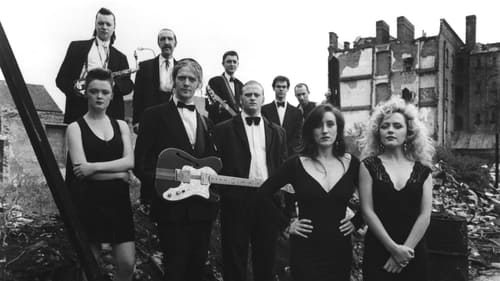
Jimmy Rabbitte, just a tick out of school, gets a brilliant idea: to put a soul band together in Barrytown, his slum home in north Dublin. First he needs musicians and singers: things slowly start to click when he finds three fine-voiced females virtually in his back yard, a lead singer (Deco) at a wedding, and, responding to his ad, an aging trumpet player, Joey "The Lips" Fagan.

Michael Collins plays a crucial role in the establishment of the Irish Free State in the 1920s, but becomes vilified by those hoping to create a completely independent Irish republic.
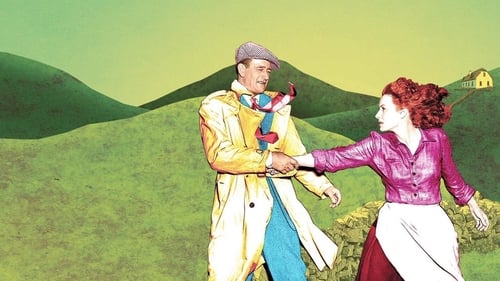
An American man returns to the village of his birth in Ireland, where he finds love and conflict.
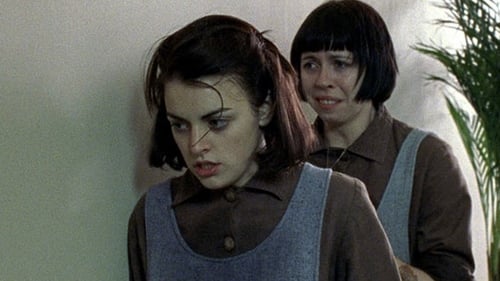
Four women are given into the custody of the Magdalene sisterhood asylum to correct their sinful behavior: Crispina and Rose have given birth to a premarital child, Margaret got raped by her cousin and the orphan Bernadette had been repeatedly caught flirting with the boys. All have to work in a laundry under the strict supervision of the nuns, who break their wills through sadistic punishment.
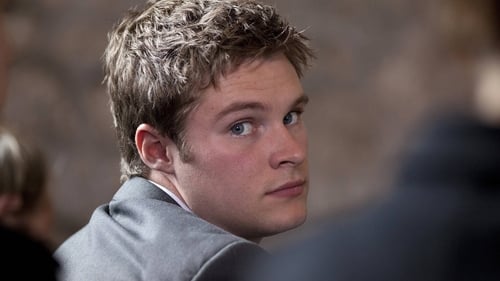
What Richard Did is a striking portrait of the fall of a Dublin golden-boy and high school rugby star whose world unravels one summer night.
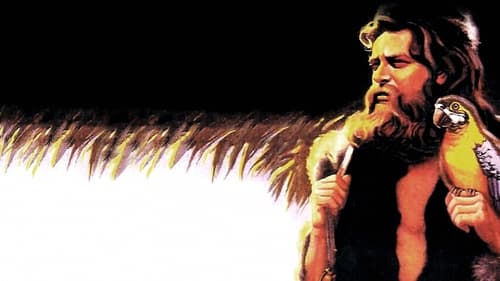
An English slave trader is marooned on a remote tropical island, forced to fend for himself and deal with crushing loneliness.
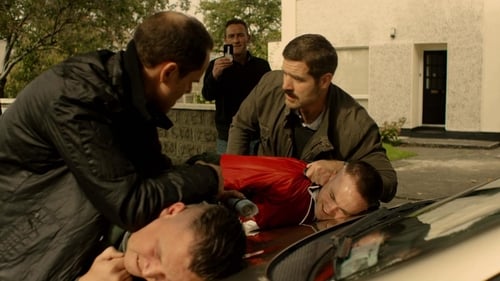
A group of young Cardboard Gangsters attempt to gain control of the drug trade in Darndale, chasing the glorified lifestyle of money, power and sex.
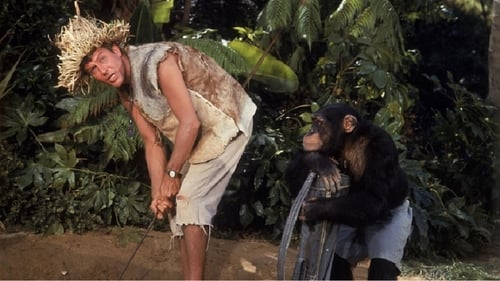
Lt. Robin Crusoe is a navy pilot who bails out of his plane after engine trouble. He reaches a deserted island paradise where he builds a house and begins to adjust to life. He is in for trouble however when a local girl is banished to the island by her father, who then comes after Crusoe.
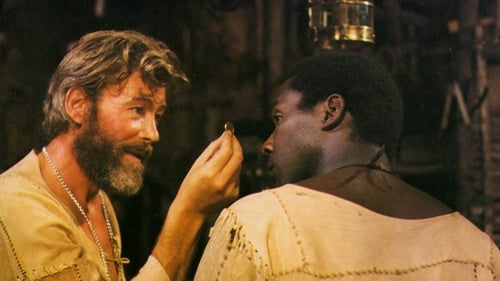
Englishman Robinson Crusoe, stranded alone on an island for years, is overjoyed to find a fellow man, a black islander whom he names Friday. But Crusoe cannot overcome the shackles of his own heritage and upbringing and is incapable of seeing Friday as anything other than a savage who needs Crusoe's brand of cultural and religious enlightenment. Friday attempts to share his own more generous and unashamed culture, but ultimately realizes that Crusoe can never see him as anything but an inferior being. With that awareness, Friday sets out to turn the tables on Crusoe.
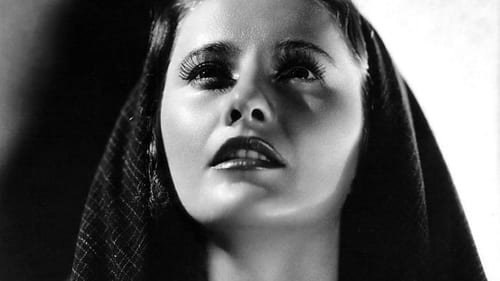
A husband clashes with his wife over his membership to the Irish citizen army during the Easter rebellion.

Robinson Crusoe is shipwrecked and he finds himself all alone on a tropical island. With a few tools he manages to rescue from the wreck he has to learn to support himself until help arrives.

In Dublin circa 1911, John Cassidy (Rod Taylor), an impoverished idealist, whose ambitions are restricted by the demands of looking after his family, journeys through the social injustices of Dublin life, involving himself with the rowdy tramway-men strike, dawdling with prostitute Daisy Battles (Julie Christie), and seeking a better life. He falls in love with bookshop assistant Nora (Dame Maggie Smith) who encourages him toward a life of writing. Finding success at the Abbey Theatre, his unorthodox views estrange him from family, friends, and his own past.

Alfie Byrne is a middle-aged bus conductor in Dublin in 1963. He would appear to live a life of quiet desperation: he's gay, but firmly closeted, and his sister is always trying to find him "the right girl". His passion is Oscar Wilde, his hobby is putting on amateur theatre productions in the local church hall. We follow him as he struggles with temptation, friendship, disapproval, and the conservative yet oddly lyrical world of Ireland in the early 1960s.
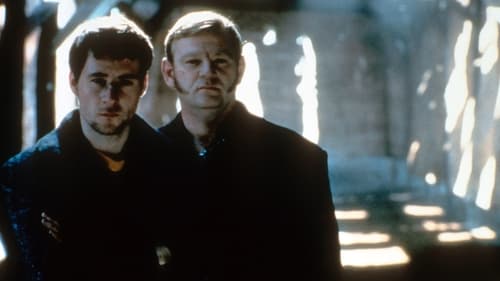
Fresh out of prison, Git rescues a former best friend (now living with Git's girlfriend) from a beating at the hands of loan sharks. He's now in trouble with the mob boss, Tom French, who sends Git to Cork with another debtor, Bunny Kelly, to find a guy named Frank Grogan, and take him to a man with a friendly face at a shack across a bog. It's a tougher assignment than it seems: Git's a novice, Bunny's prone to rash acts, Frank doesn't want to be found (and once he's found, he has no money), and maybe Tom's planning to murder Frank, which puts Git in a moral dilemma. Then, there's the long-ago disappearance of Sonny Mulligan. What's a decent and stand-up lad to do?

Mise Éire ("I am Ireland") is a 1912 Irish-language poem by the Irish poet and Republican revolutionary leader Patrick Pearse. In the poem, Pearse personifies Ireland as an old woman whose glory is past and who has been sold by her children. The poem inspired this 1959 film of the same name by George Morrison. Here, Morrison painstakingly assembled historical footage of the events surrounding the 1916 Rising from archives across Europe and deals with key figures and events in Irish Nationalism between the 1890s and the 1910s. The narration is by Liam Budhlaeir and Padraig O'Raghallaigh and the musical score is by Seán Ó Riada.
